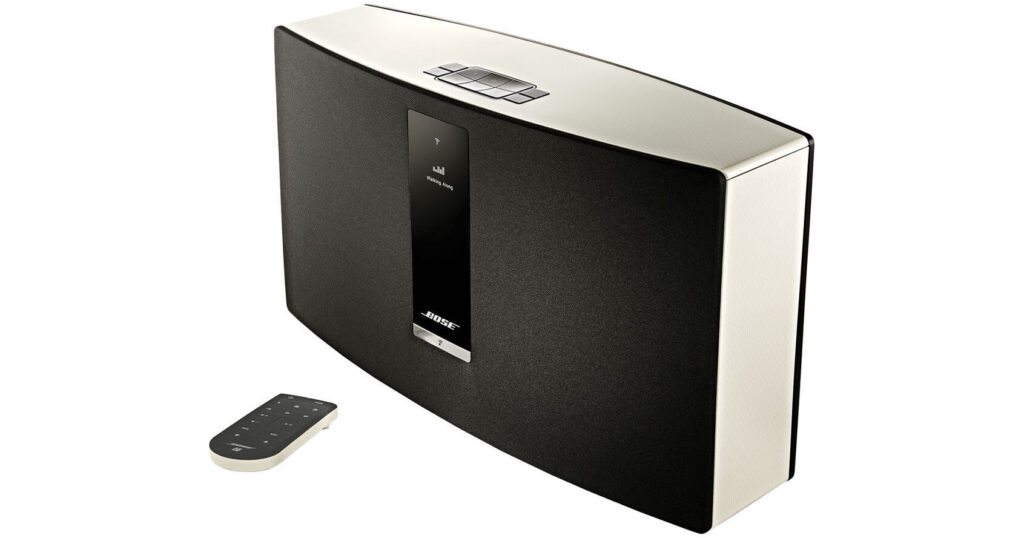
Bose customers in Australia, particularly those with older systems installed by custom integrators, are facing a significant disruption. The US audio giant has announced it will shut down the cloud infrastructure supporting its SoundTouch range of speakers early next year, effectively disabling key streaming features that many customers rely on daily. This shutdown will take effect on February 18th, leaving SoundTouch devices unable to stream music directly from platforms such as Spotify, Pandora, Amazon Music, Tidal, and several other services.
The decision has sparked criticism from long-term users who view it as another instance of “smart” consumer technology becoming obsolete due to corporate decisions rather than technical necessity. This development follows a similar controversy faced by Sonos three years ago when it attempted to push customers toward a new operating system, resulting in significant backlash and the loss of thousands of loyal users.
Historical Parallels and Consumer Reactions
In 2020, Sonos introduced separate S1 and S2 software platforms. However, unlike Bose, Sonos continued to maintain cloud functionality for older S1 devices after consumer complaints. Bose’s decision to completely suspend cloud connectivity for all SoundTouch systems has left many loyal users questioning the longevity and reliability of smart audio ecosystems.
Bose defended its move in a statement to Bloomberg, emphasizing that the decision was not made lightly. “We had to make the difficult decision to retire the cloud infrastructure that supports our SoundTouch systems, originally introduced over a decade ago in 2013,” a company spokesperson said. “Technology has advanced considerably since then, and while SoundTouch has served our customers well, maintaining its aging platform at the level of performance and security our customers expect — and we hold ourselves to — is no longer sustainable.”
“We recognise this change may take some adjustment and want to provide customers with the information they need for the transition,” Bose added.
Consumer Backlash and Company Response
The announcement has prompted an immediate backlash across online forums. On Reddit, numerous Bose users expressed frustration and disbelief at the shutdown, calling it a betrayal of customer trust. Richard Lomas, a user who spoke to Bloomberg, highlighted the impact on his elderly relatives, both in their 80s and living in assisted care, who rely on their SoundTouch system for daily entertainment.
“They’ve grown used to pressing the preset buttons to play their favourite music stations, but soon those buttons will no longer work,” Lomas said. “They don’t have cellphones anymore due to dementia, so switching to Bluetooth or AirPlay isn’t an option. This is sad and infuriating all at once.”
Lomas, who owns more than $1,000 worth of Bose gear, described the decision as “a red line,” adding, “You don’t treat customers like this.”
In response, Bose is offering affected users a 25% discount on future purchases and is “actively evaluating trade-in and upgrade options” to provide “a more meaningful path forward.” The company also apologised directly to Lomas, acknowledging that its current products “may not replicate the exact SoundTouch experience you and your family have relied on for years.”
Implications for the Future of Smart Audio
The controversy surrounding Bose’s decision highlights the challenges faced by other connected speaker brands. As technology evolves, companies must balance the need to innovate with maintaining support for existing products. The move represents a critical moment for Bose, as it seeks to reassure customers of its commitment to building the next generation of connected listening experiences powered by modern technologies.
Looking ahead, the company’s actions will likely influence consumer perceptions of smart audio ecosystems and their long-term viability. As Bose navigates this transition, the industry will be watching closely to see how it addresses customer concerns and adapts to changing technological landscapes.







